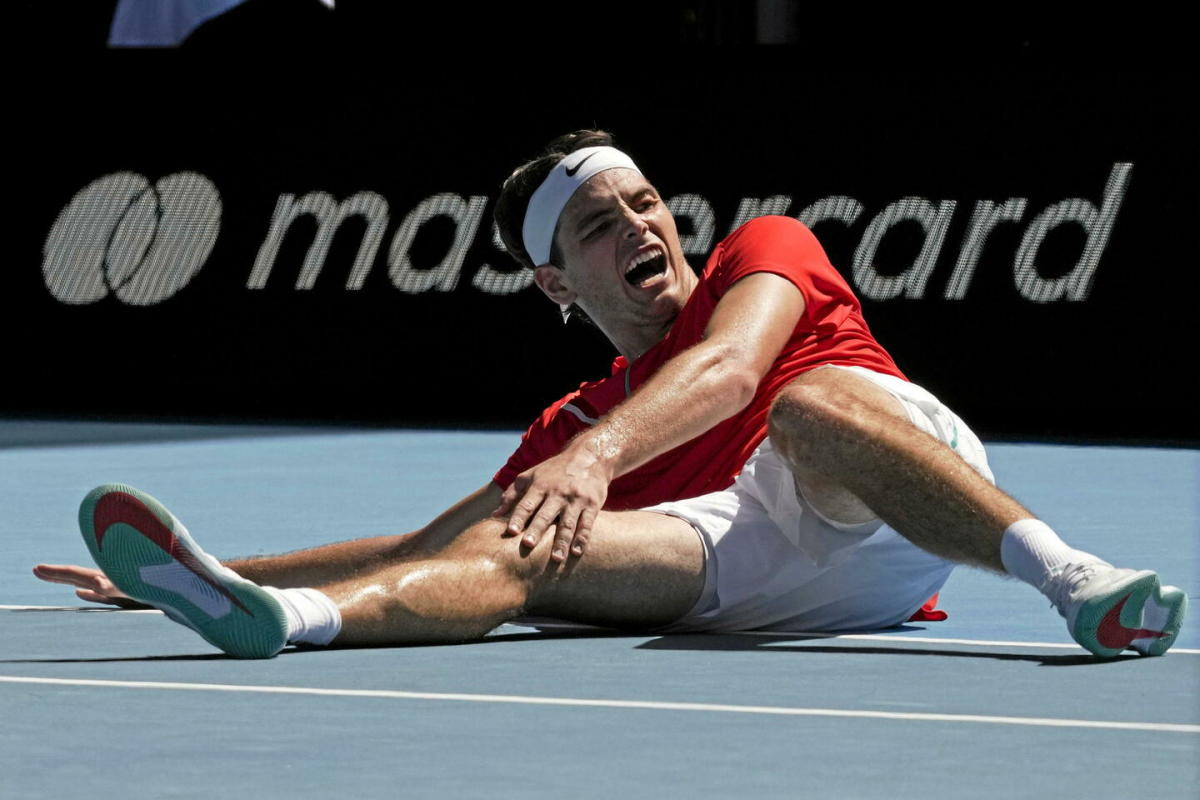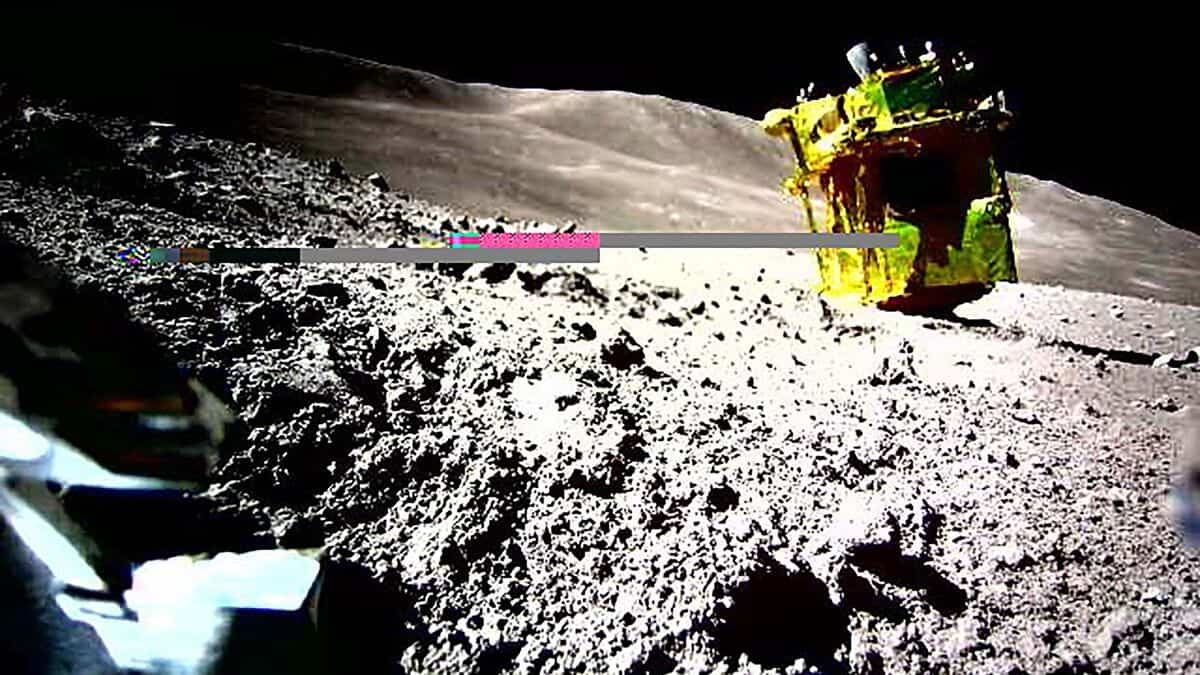
During a question-and-answer session on its official website, NASA answered questions about what would happen if Russia decided – without warning – to leave the International Space Station (ISS). Spoiler: It wouldn’t be nice, but not in the way you might think.
The International Space Station was launched in November 1998, as a symbol of the joint effort between the United States, Russia, and later, several other nations. More than 20 years later, the Russo-Ukrainian war initiated by Vladimir Putin’s leadership (in response, many believe, to US actions in Ukraine) unsettles this long-standing partnership with the head of Russia’s Roscosmos, Dmitry Rogozin, and threatens to abandon a cosmonaut An American at the station and “letting” the Hulk “fall down” in the United States.
Read also
Roscosmos has already announced the defusing of the stormy situation and says that despite the turbulent situation on Earth, cooperation between the two countries in space has not changed. However, a sense of uncertainty still loomed large, leading many to question the US agency about the possibility of splitting the partnership.
According to NASA, Russia simply cannot pack up and leave the International Space Station. With the station installed today, the two countries rely on each other to keep the station running smoothly.
In fact, there is no general training for all ISS crew members in the event of catastrophic scenarios: in the face of adverse situations, American astronauts know how to handle the American units of the structure – the same is true of Russian cosmonauts and their part of the ISS.
This distribution of tasks permeates the entire ISS: Russia, for example, is responsible for paying to keep the station in good shape, as well as ensuring deflections against objects in the opposite direction or even altitude control. Meanwhile, the United States is supplying the entire station with its own solar panels, including much of the secondary life support system. However, these commands are controlled separately by NASA and Roscosmos.
However, all the systems of the International Space Station are interconnected, so Russia cannot “get up and move forward” without losing on its part. However, Rogozin’s threats carry some weight: the ISS relies on a constant supply of thrust, and without it, it risks drifting out of orbit and colliding with Earth.
Even the act of “falling to Earth” will depend on joint action between the two nations: a plan published by NASA says the International Space Station is decommissioned from 2031, but the roughly 500-ton chassis is made to be assembled, but not “disassembled.” When it descends, it must be done in a coordinated manner, so that what remains of the station after its re-entry into the Earth’s atmosphere falls into the sea.
It must be remembered that from its position in geocentric orbit (that is, the ISS follows the movement of the Earth), the station does not fly over Russia – it flies over the United States. A free fall – intentional or unintentional – at a time of massive military offensive and a global humanitarian crisis is sure to make things worse, to say the least.
Have you seen our new videos on Youtube? Subscribe to our channel!
-
The geopolitical history of Eurasian Russia’s power from its origins to Putin
-
History and Empire of Russia (TEMPUS t. 604)






